The Party (alternative title: "Hollywood Party") is a 1968 comedy written and directed by Blake Edwards, starring Peter Sellers (in what was his only non-Pink Panther collaboration with Edwards) and Claudine Longet. The film has a very loose structure, and essentially serves as a series of set pieces for the comic talents of Sellers. Sellers had played another Indian man in his hit film The Millionairess, and a similar (though self-important, unlike the humble role he plays here) klutz as Inspector Clouseau. The film remains popular among fans of Sellers as one of his most inventive comic roles, much of which was improvised at the time of filming.

The minimal plot involves Sellers playing a well-meaning, but hapless, Indian actor who is accidentally invited to a lavish Hollywood party, causing havoc.
Hrundi V. Bakshi (Peter Sellers) is a seemingly nameless and faceless actor from India brought to Hollywood for a role in a film similar to Gunga Din. Unfortunately, he manages to blow up the set before the cameras are rolling, ruining the entire film. The director (Herbert Ellis) is beside himself, fires Bakshi immediately and wants him blacklisted. However, instead of being blacklisted, Bakshi's name is accidentally written on the guest list of the studio boss's party.
Upon arrival, he loses his shoe in the stream that flows through the house and spends a significant amount of time attempting to retrieve it (a scene copied by Amitabh Bachchan in the movie Namak Halaal). As he offers to engage in banter, guests and host look on in puzzled confusion. The only ones at the party to pay him much notice, at first, are Michèle (Claudine Longet) and a macaw to whom Bakshi talks gibberish and overfeeds "birdie num nums."
Invites and attendants include a drunken female guest, a drunken waiter (who becomes increasingly more inebriated as the film progresses) and his irritated superior, politicians, various Hollywood luminaries, and a Russian ballet troupe that arrives towards the end of the party.
At the dinner table, the drunken waiter (Steven Franken) serves the guests Caesar salad using his bare hand instead of the proper utensil. During the main course, Bakshi's roast cornish game hen is accidentally catapulted off his fork and becomes impaled on a guest's tiara. He asks the waiter to retrieve his meal, and the clumsy man complies, unaware that the woman's fall-wig has come off along with her tiara, as she is obliviously engaged in conversation.
Bakshi leaves damaged appliances and havoc wherever he wanders. At one point he mistakenly sticks his hand into a bowl of crushed ice that turns out to be the caviar dish; he spends a good amount of time shaking hands with other guests, passing around a fishy odor.
Other party obstacles include a control panel with various switches that activate the intercom, the slide-out bar (which Bakshi closes while the bartender is still busy mixing drinks), various retractable floor panels that extend the size of the indoor-outdoor swimming pool, artwork, a backed-up toilet with bidet, and an electric toilet paper roll.
The would-be hippie children of the Hollywood executives eventually turn up with a baby elephant covered in stereotypical 1960s slogans. The action of the party then moves to the pool, where Bakshi asks that the elephant be restored to a more dignified state. The entire house is soon overrun with soap bubbles as they scrub graffiti off the animal. The police arrive as well. Bakshi offers to drive Michèle home (in his Morgan three-wheeler car) and the film ends with a hint that this is the beginning of a romantic relationship.
The film's interiors were shot on a set, at the MGM lot. The original script was only 56-60 pages in length. Blake Edwards later said it was the shortest script he ever shot from, and the majority of the content in the film was improvised on set.
The film draws much inspiration from the works of Jacques Tati; Bakshi arrives at the party in a Morgan three-wheeler similar to Monsieur Hulot's cyclecar in Monsieur Hulot's Holiday; the entire film storyline is reminiscent of the Royal Garden restaurant sequence of Playtime; and the comedic interaction with inanimate objects and gadgets parallels several of Tati's films, especially Mon Oncle.
The score of The Party was by Henry Mancini, including the song "Nothing to Lose." Mancini, commenting on audience reactions, noted, "That's what I get for writing a nice song for a comedy. Nobody's going to hear a note of it." During a scene later in the film, the band can be heard playing "It Had Better Be Tonight," which was a song Henry Mancini composed for the first Pink Panther film.





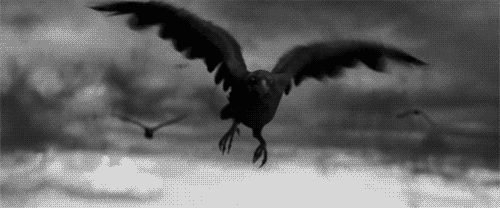
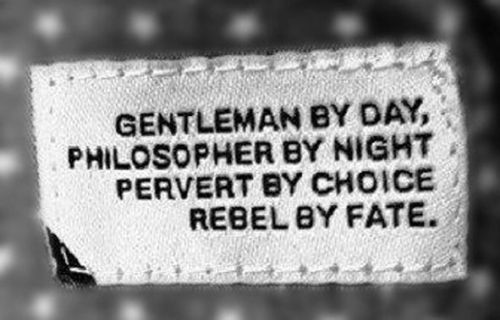

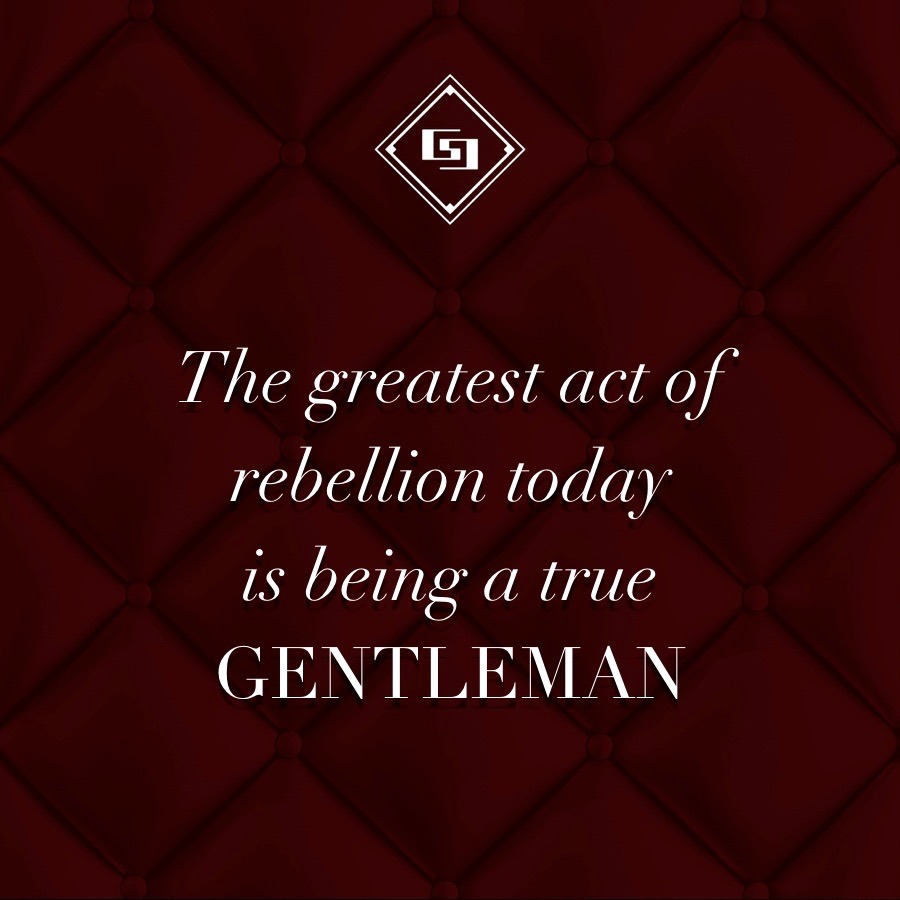

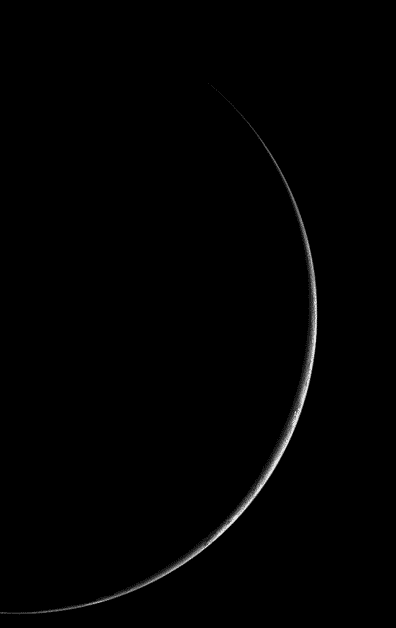








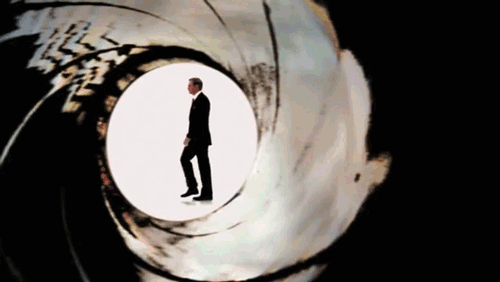


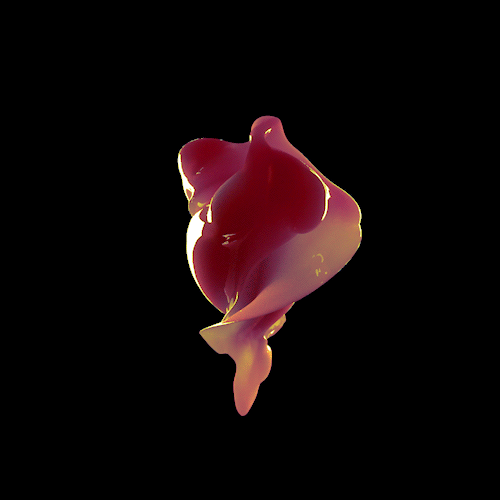


No comments:
Post a Comment